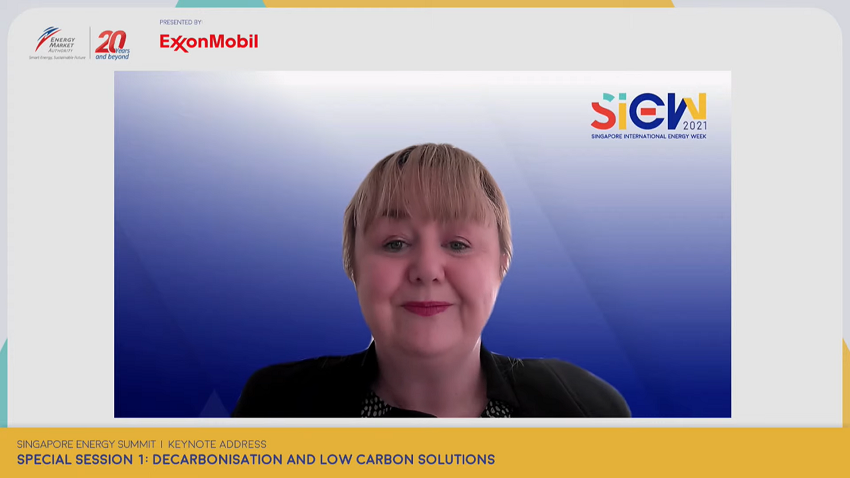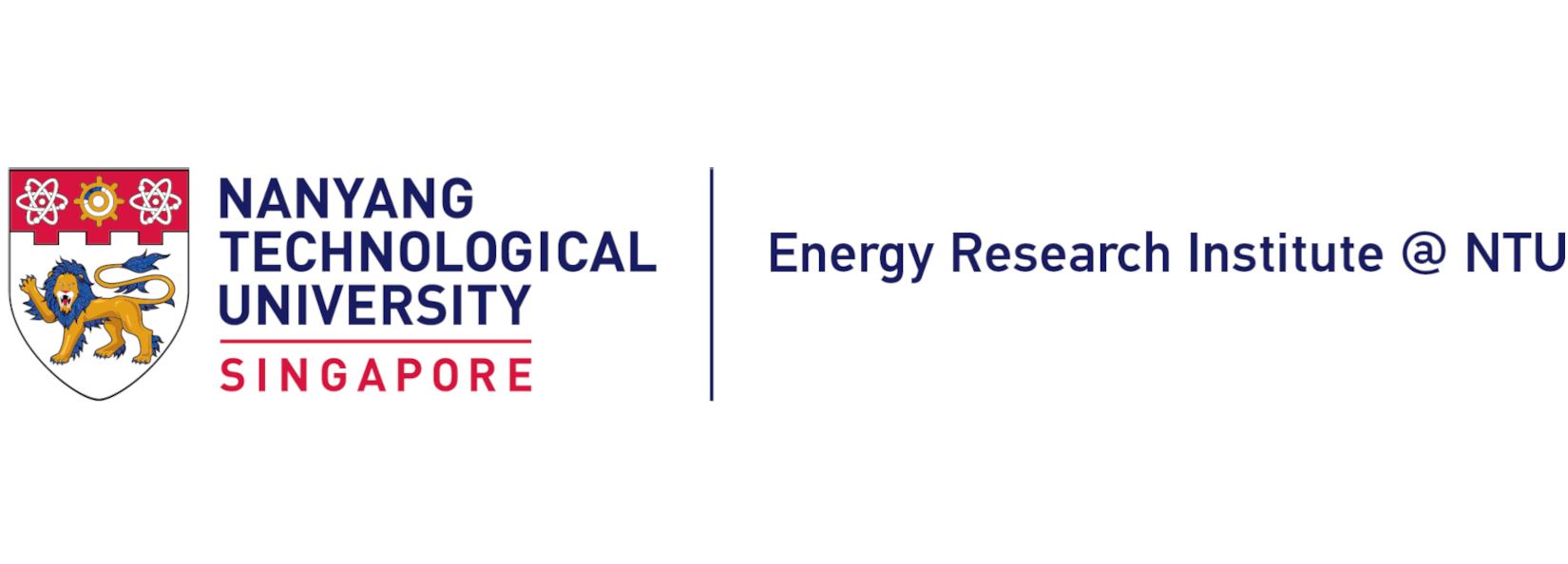How will renewables and new solutions such as hydrogen help bridge the gap to a lower carbon footprint? This Singapore Energy Summit Special Session looked at the role of low carbon alternatives in decarbonising our energy systems. Marco Aw reports.
38bc7866cb3d6c60bd32ff0000579d7f.jpg?sfvrsn=c811479_0)
The Singapore Energy Summit featured a Special Session with industry experts to discuss the potential for low carbon fuel alternatives to help reduce emissions and meet energy needs.
The session opened with a Keynote Address by the Hon. Dr Megan Woods, Minister of Energy and Resources, New Zealand. She emphasised the need to consider the well-being of individuals as we progress with the energy transition.

The Hon. Dr Woods further shared that the COVID-19 pandemic demonstrated the resilience of renewable energy, as around 260 GW of global renewable capacity is added in 2020 during the pandemic.
Hydrogen and biofuels are other important components of the future low carbon energy mix. The hydrogen economy will generate new jobs and help create a robust energy platform with other renewable energy sources, helping to enhance energy security. Existing regulations should not be a barrier, while international cooperation will be integral to realising the hydrogen economy.
Andrew Light, Assistant Secretary for International Affairs, U.S. Department of Energy, shared his view that clean energy developments present the "largest economic opportunity we've seen in generations". He added that rapidly reducing methane emissions is key to addressing climate change.
A stepping stone to a cleaner energy system
.jpg?sfvrsn=53811479_0)
Moderated by Goh Swee Chen, Chairman, NTU Board of Trustees, panel speakers debated how to transform climate pledges into actions.
H.E. Dr. João Saldanha de Azevedo Galamba, Deputy Minister and Secretary of State for Energy, Portuguese Republic, shared that his country will move very rapidly in the energy transition. Given its rich sources of renewables, Portugal expects its renewable energy to meet 47% of gross final energy demand and 80% of electricity generation by 2025, instead of 2030 as originally targeted.
Yoshiyuki Hanasawa, Executive Vice President, Chief Regional Officer for Asia Pacific and India at Mitsubishi Heavy Industries (MHI) and Managing Director of Mitsubishi Heavy Industries Asia Pacific (MHI-AP), pointed out how MHI is investing significantly on the full supply chain of the hydrogen economy such as electrolyser and ammonia.
Mr Hanasawa believes ammonia will be very important to meet the industry’s needs. Additionally, carbon capture technology will also be pivotal in the energy transition—MHI will try to increase the volume of carbon capture via platforms enabled by new advances in artificial intelligence.
Follow us on Twitter (@SIEW_sg) to get the latest #SIEW2021 updates throughout the day!













































